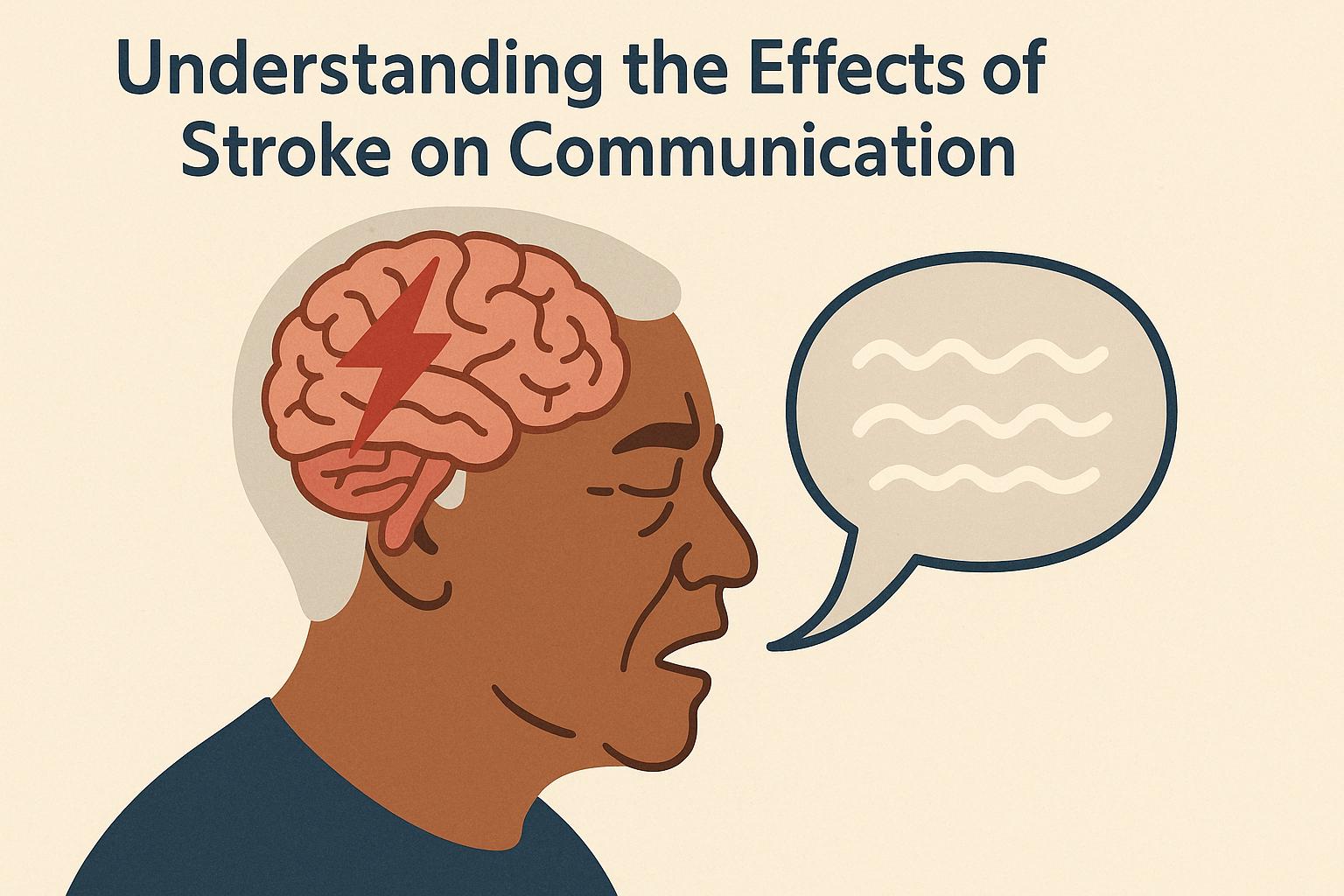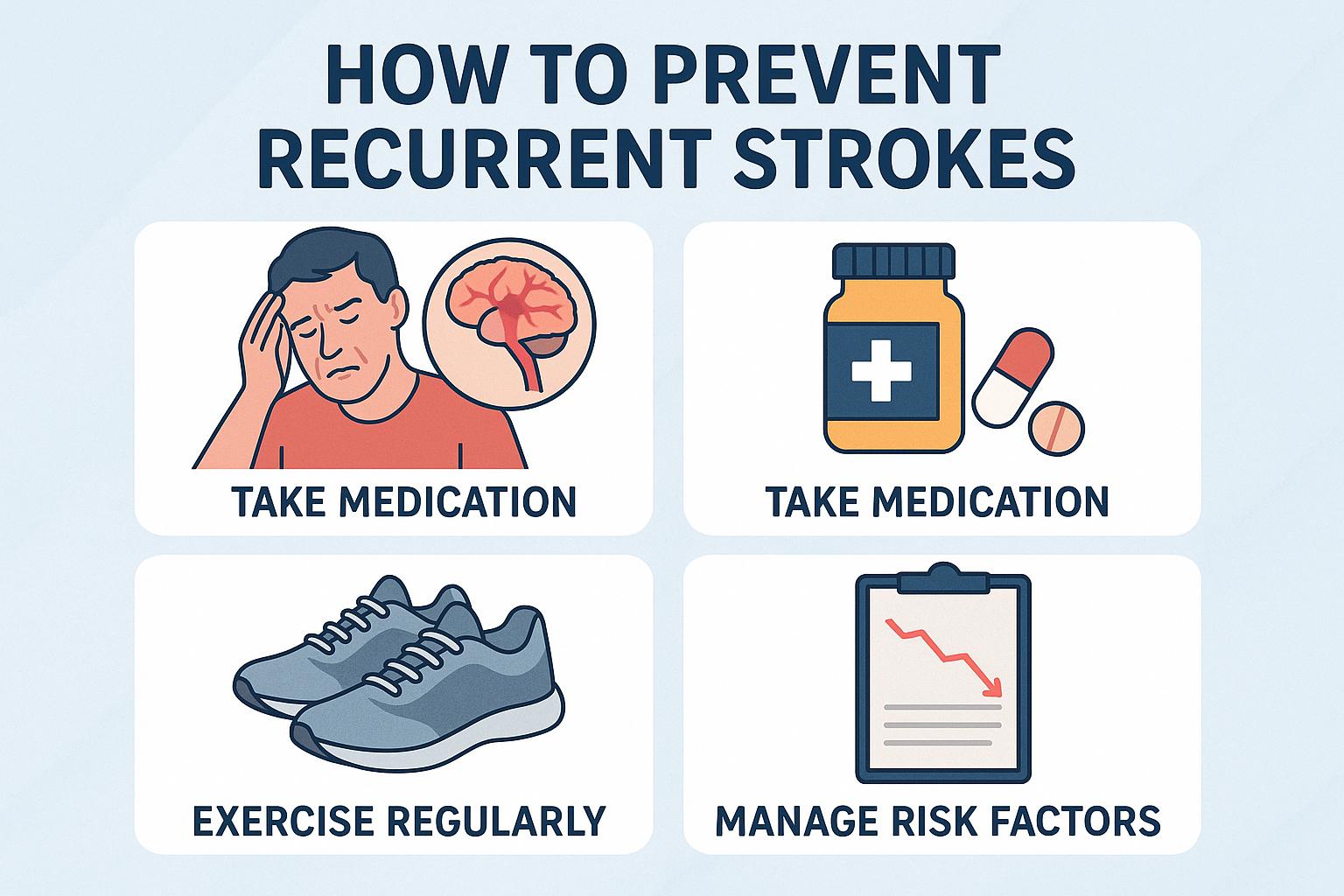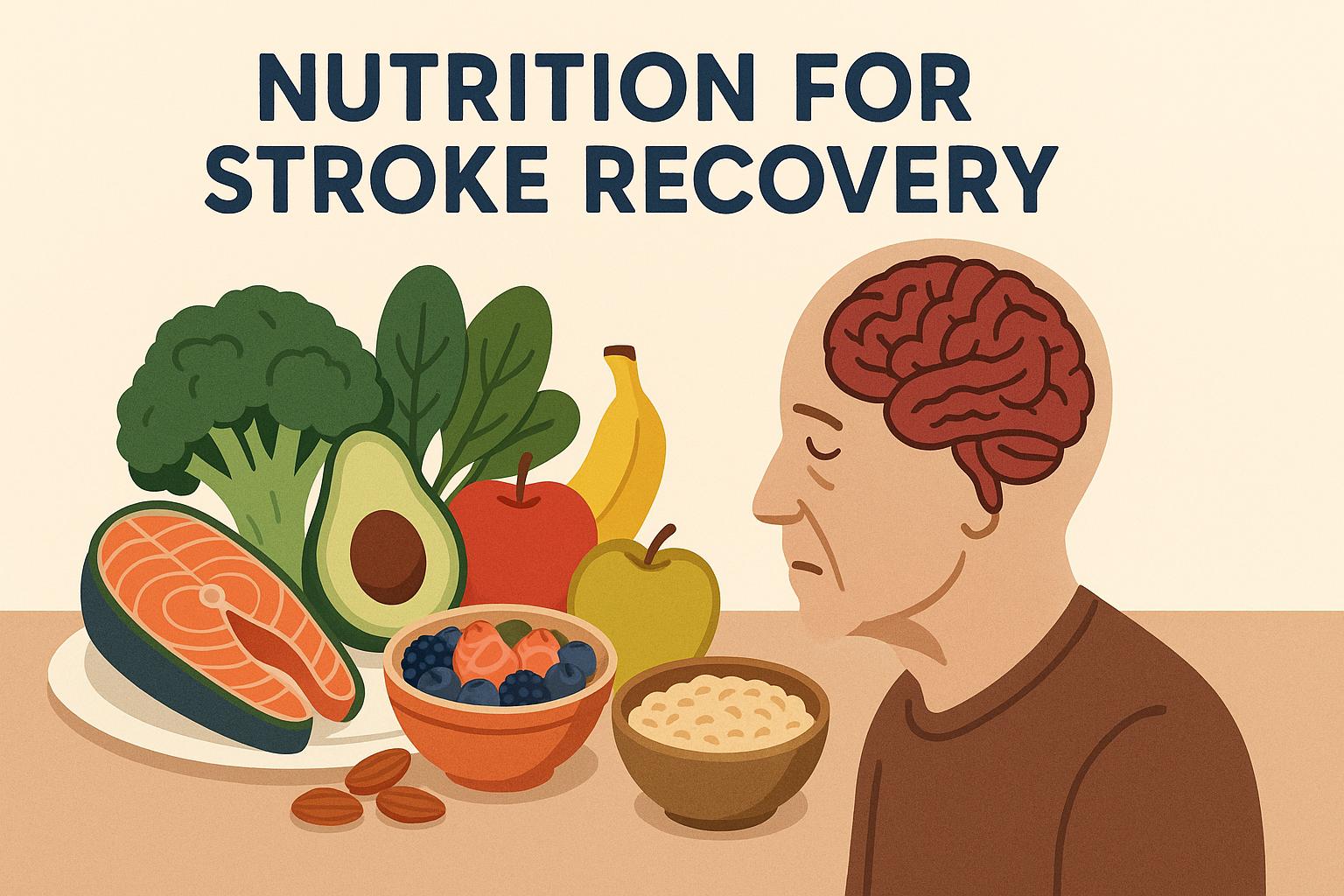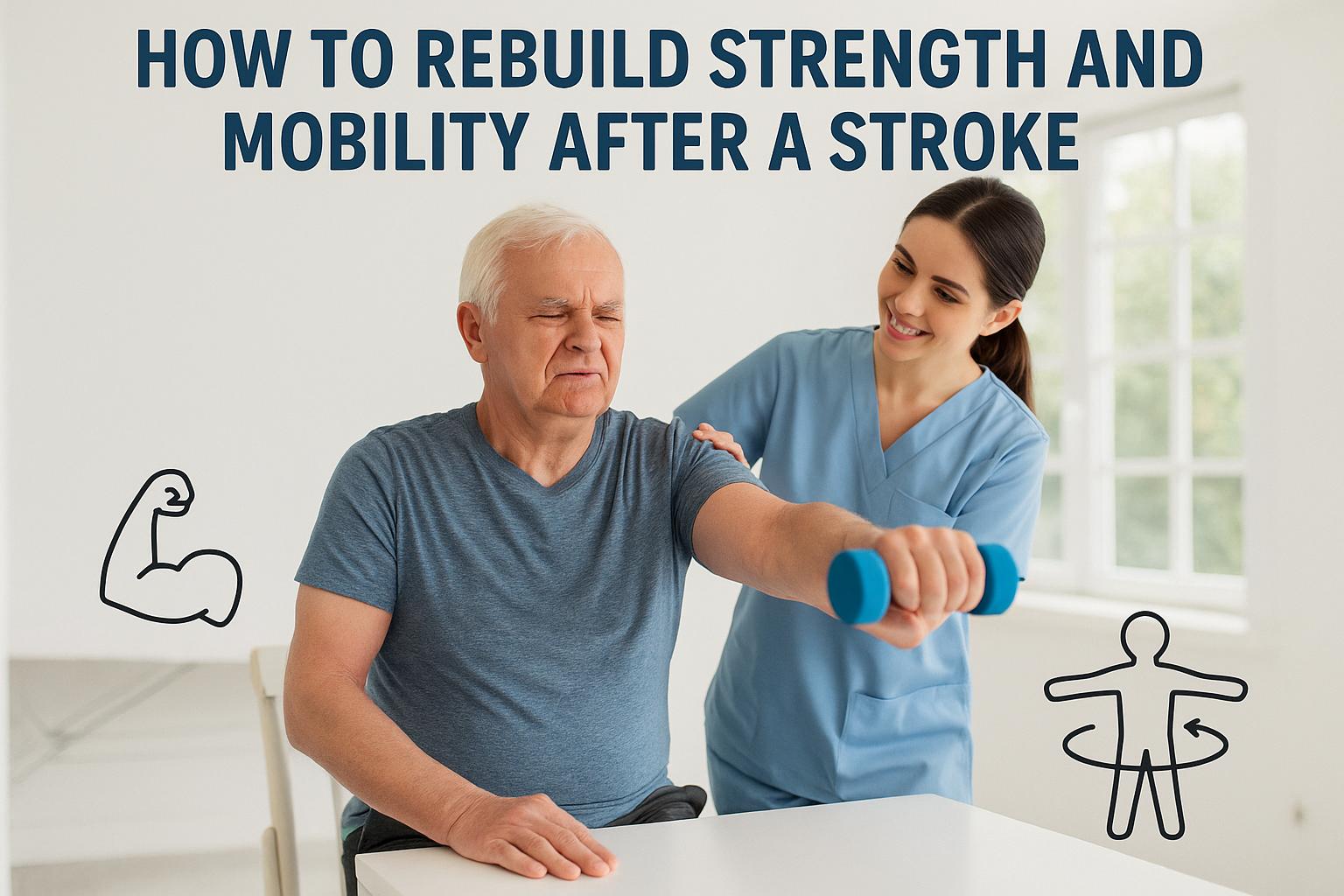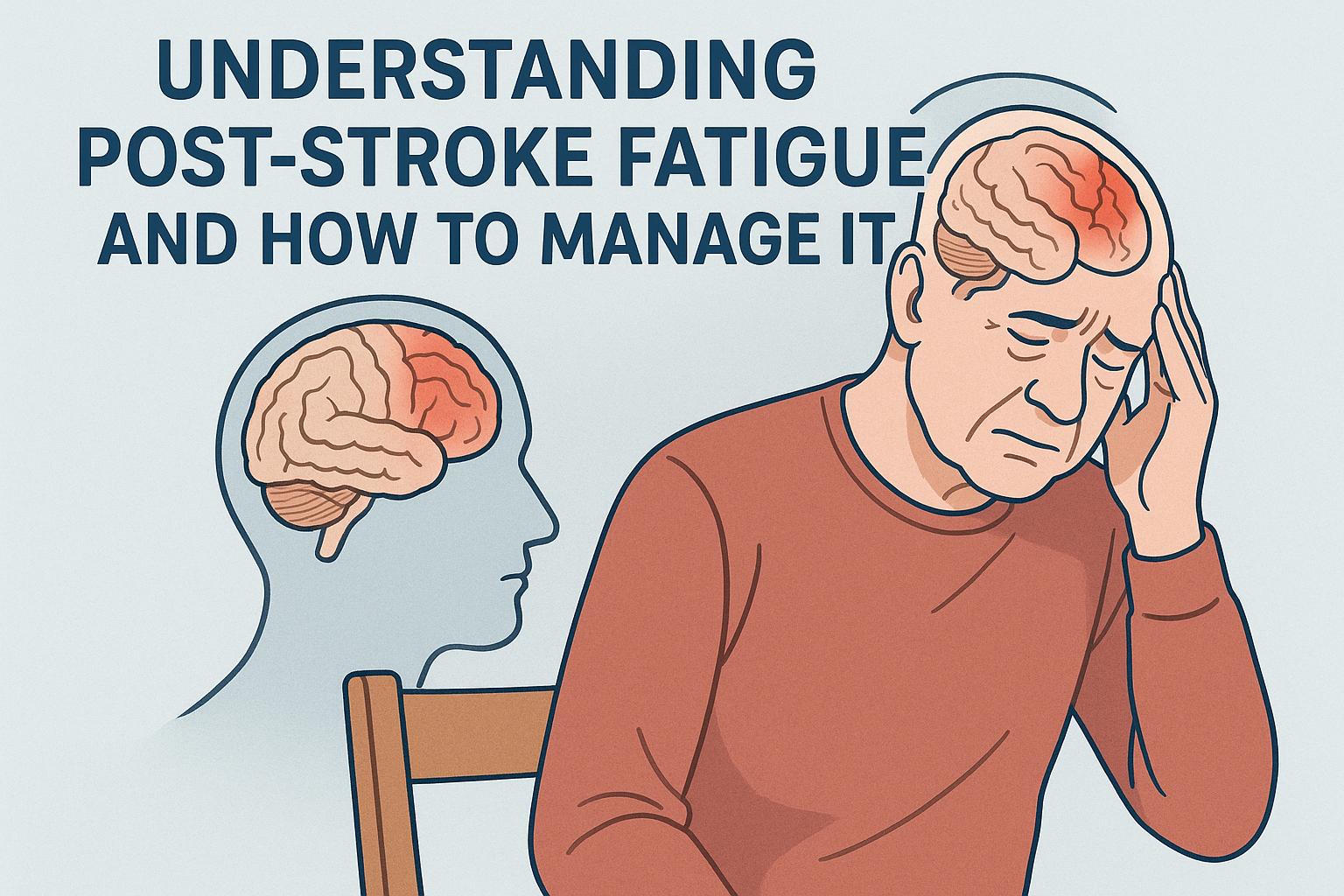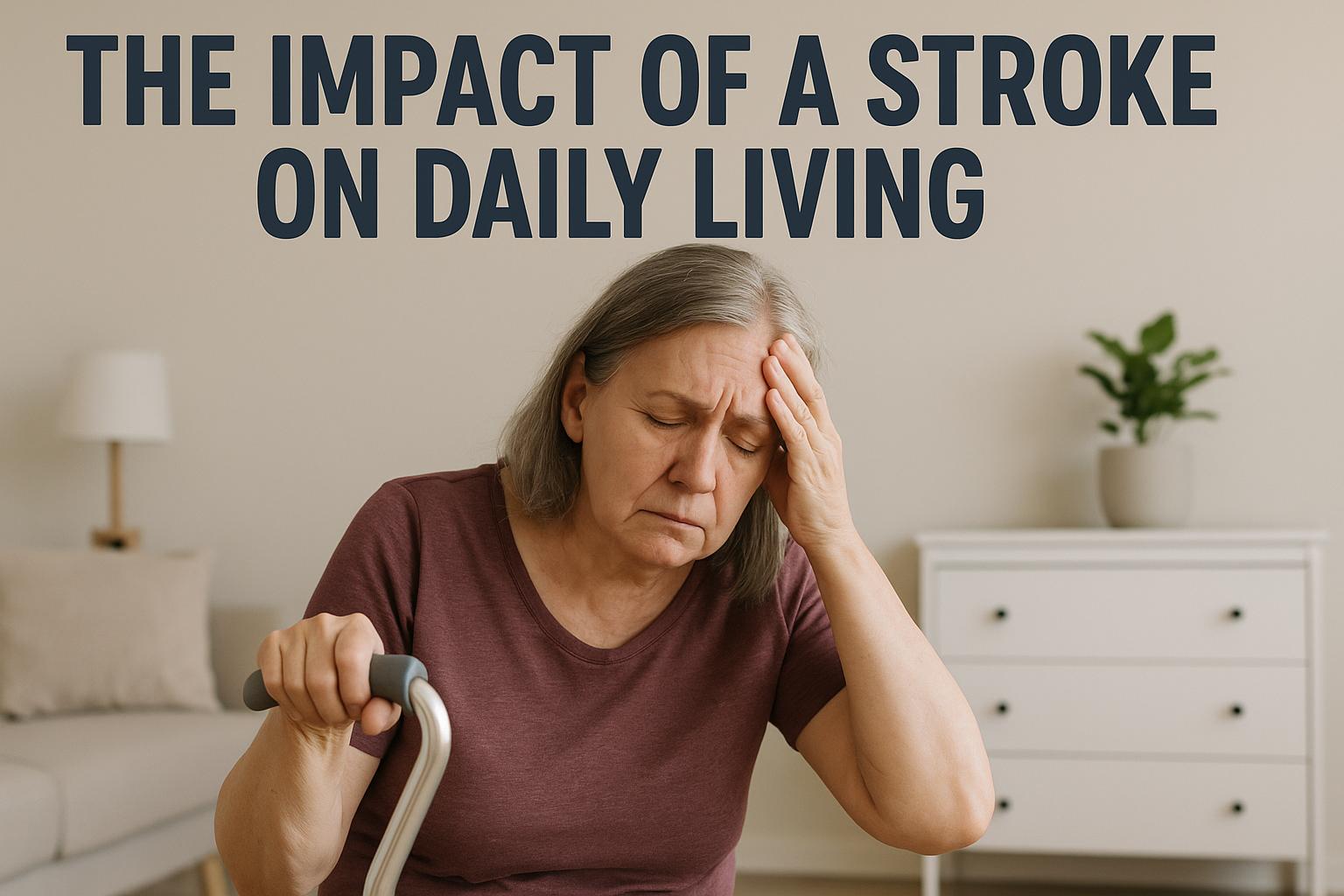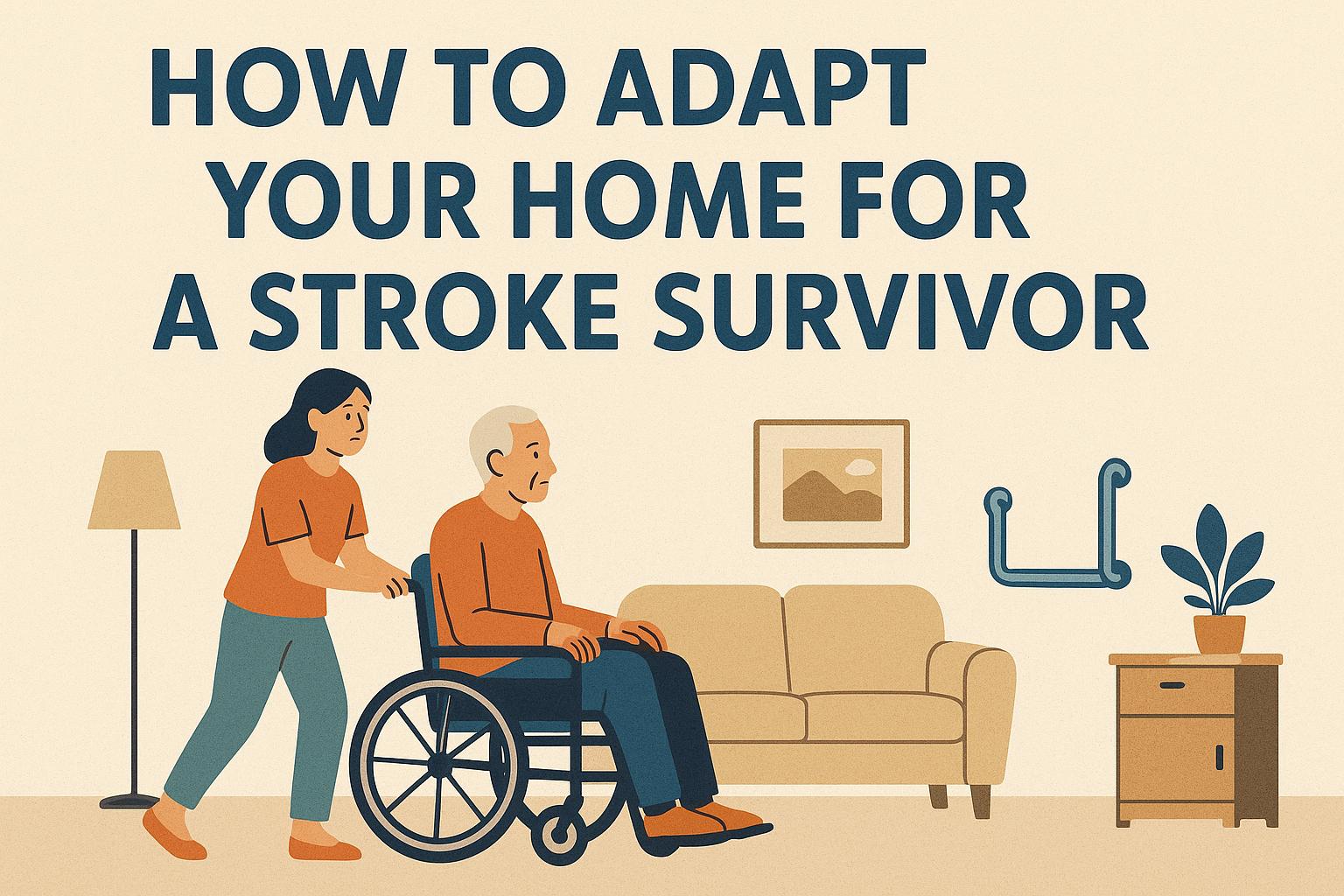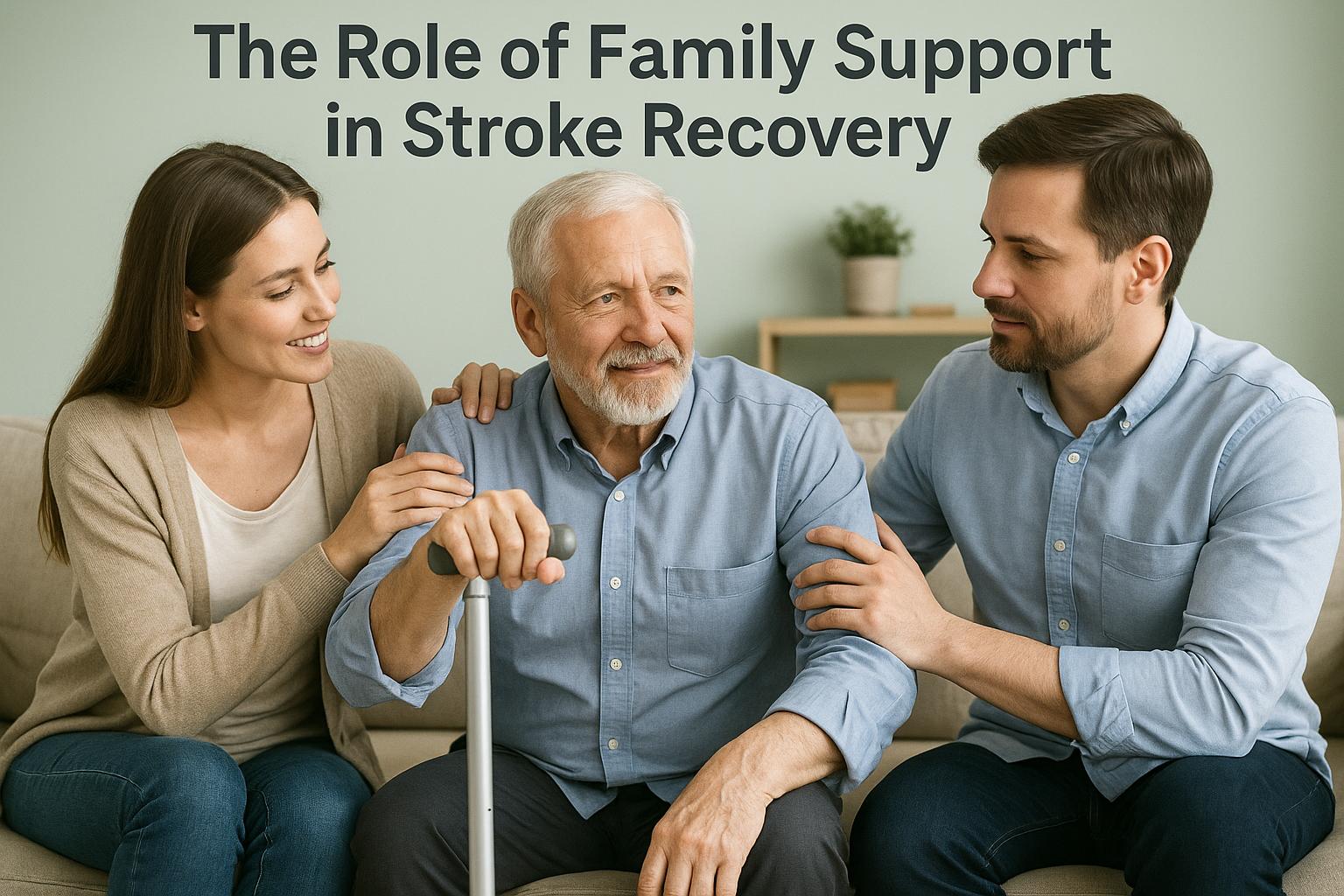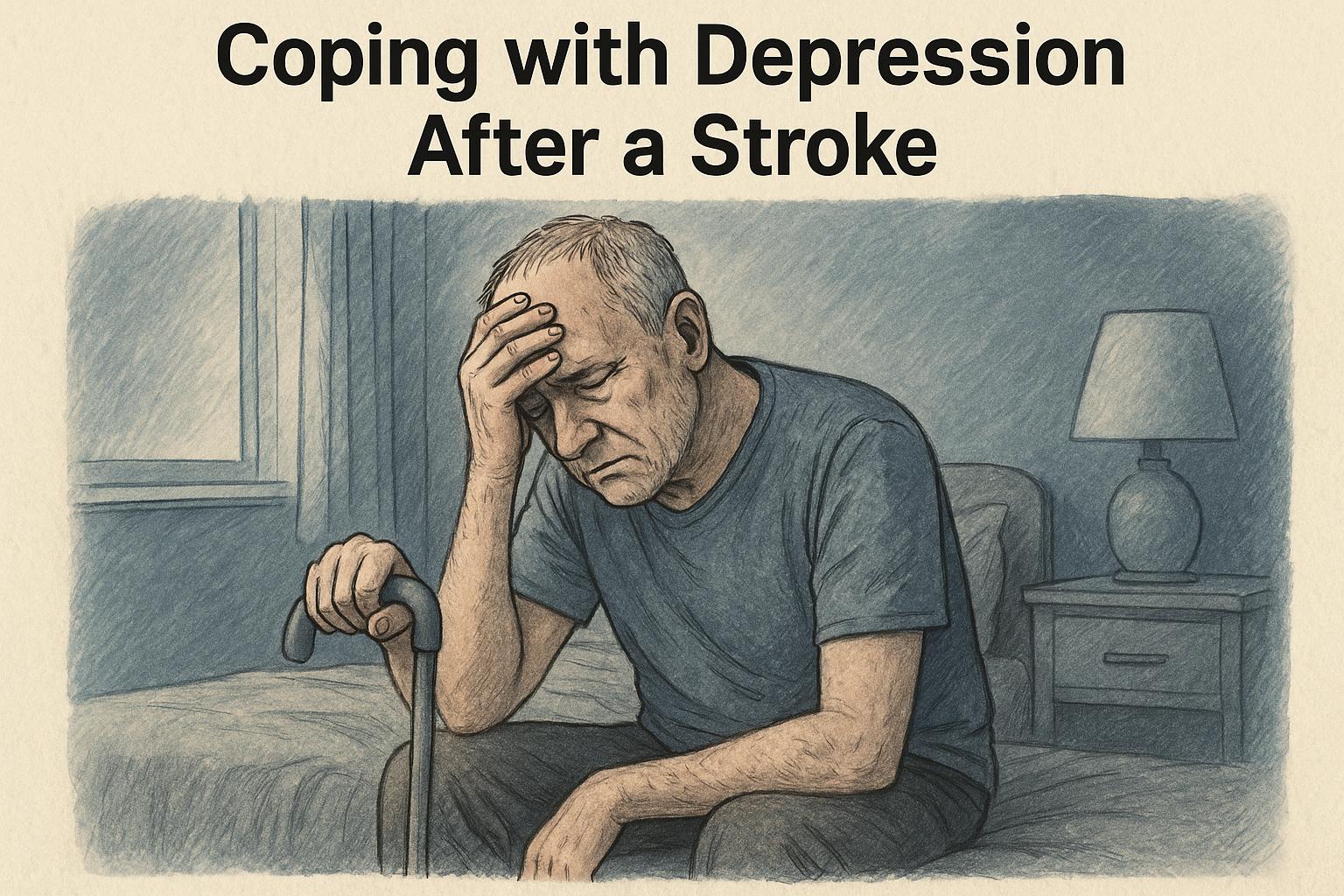
Coping with depression after a stroke.
Understanding Depression After a Stroke Experiencing a stroke is a life-changing event that has profound effects on both the body and mind. It can lead to substantial shifts in one’s physical abilities and emotional well-being. Among the various challenges encountered by stroke survivors, depression is one of the most prevalent emotional conditions. The journey of Read More …

